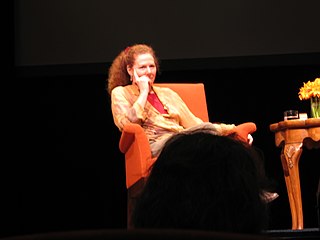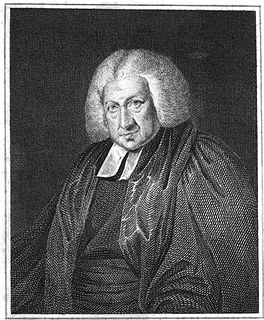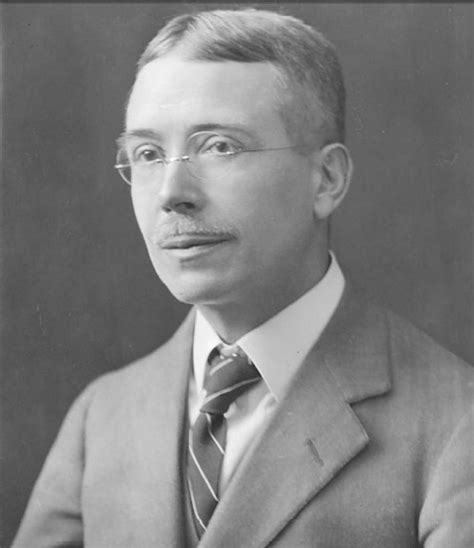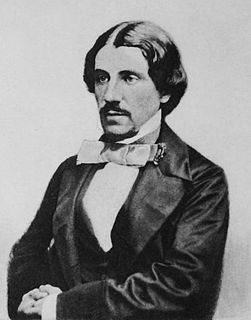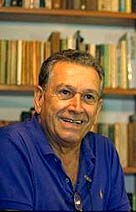A Quote by Henry Wadsworth Longfellow
Every author has the whole past to contend with; all the centuries are upon him. He is compared with Homer, Dante, Shakespeare, Milton.
Related Quotes
The slight, the facile and the merely self-glorifying tend to drop away over the centuries, and what we are left with is the bedrock: Homer and Milton, the Greek tragedian and Shakespeare, Chaucer and Cervantes and Swift, Dostoyevsky and Tolstoy and James and Conrad. Time does not make their voices fainter, on the contrary, it reinforces our sense of their truth-telling capacity.
Reading the very best writers—let us say Homer, Dante, Shakespeare, Tolstoy—is not going to make us better citizens. Art is perfectly useless, according to the sublime Oscar Wilde, who was right about everything. He also told us that all bad poetry is sincere. Had I the power to do so, I would command that these words be engraved above every gate at every university, so that each student might ponder the splendor of the insight.
I really wouldn't call a lot of what's online "literature" since that word, to me, refers to a sub-genre of writing that belongs to the heavy-hitters, the canonical writers, Shakespeare, Dante, Milton, Dostoevsky, Kafka, and even Toni Morrison, George Saunders, Thomas Bernhard, Sebald, Borges, DFW, e.g.
All the poets are indebted more or less to those who have gone before them; even Homer's originality has been questioned, and Virgil owes almost as much to Theocritus, in his Pastorals, as to Homer, in his Heroics; and if our own countryman, Milton, has soared above both Homer and Virgil, it is because he has stolen some feathers from their wings.
We possess the Canon because we are mortal and also rather belated. There is only so much time, and time must have a stop, while there is more to read than there ever was before. From the Yahwist and Homer to Freud, Kafka, and Beckett is a journey of nearly three millennia. Since that voyage goes past harbors as infinite as Dante, Chaucer, Montaigne, Shakespeare, and Tolstoy, all of whom amply compensate a lifetime's rereadings, we are in the pragmatic dilemma of excluding something else each time we read or reread extensively.


